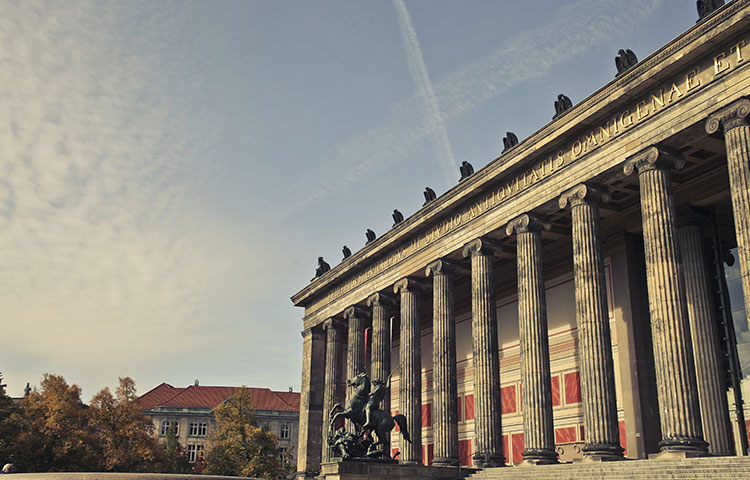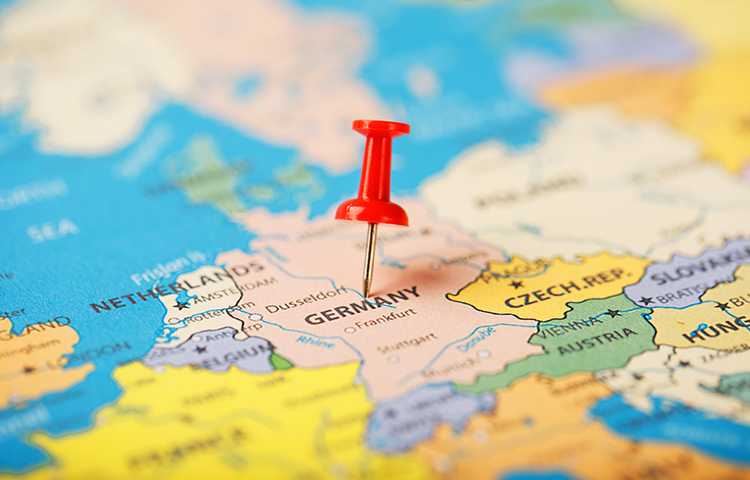Studying abroad is a dream that most educational aspirants desire to fulfil. Among many other interesting study abroad destinations, Germany is one of the preferred countries which a lot of students want to opt for as it is considered to be a great education hub. With numerous universities that are ranked among the best in the world, studying in Germany helps students to secure promising employment opportunities post course completion.

When you plan to go to a new place, it is extremely important to know about its culture and social norms. As an international student, you must know these things to easily gel with everyone and to get accustomed to everything around you.
This country is considered to be modern and advanced. This is because the nation supports and has incorporated some of the most progressive policies regarding gender equality, LGBTQ rights and immigration. The immigration law has undergone certain positive changes as people of this country have begun to value the benefits of a diverse multicultural society. Let’s explore some of the interesting cultural and social norms you should know about if you plan to study in Germany.
Language
German is the official and predominant spoken language in Germany. Over 95% of the residents use this language to communicate (whether it is the standard German or any of its dialects). Due to high number of immigration, there are also other languages spoken such as Turkish, Kurdish, Russian, Greek, Albanian, Polish, etc.
Common cuisine
German cuisine varies from region to region. The southern regions of Bavaria and Swabia, for instance, share a culinary culture with Switzerland and Austria. Sausages are preferred by a lot of Germans. Wurst, which means sausages in German, are an important part of their cuisine, which are made of pork, beef or veal and flavoured differently. Meat in Germany is very popular and is typically eaten with most meals, along with bread and potatoes.
German cooking includes national dishes such as Rouladen, German noodles (Spätzle) and Schnitzel. Dining out is quite popular and you will come across a lot of fast food eatery joints, bakeries (namely German or Turkish) and German/international gourmet restaurants. All-in-all, if you choose to study in Germany, you are also in for a culinary delight!
Festivals celebrated in Germany
This country plays a host to some of the most incredible fun festivals throughout the year. Some of these which should definitely be a part of your bucket list are:
Oktoberfest, Munich –
This is one of the most famous of all traditional German festivals. The timeline of this is September to early October. During the two weeks of Oktoberfest each fall, people from across the country join in for celebrating by drinking, eating, and enjoying to the fullest. Though Munich Oktoberfest is the largest, but other cities across the country celebrate this festival during this time. Huge fairs are set-up and these fairgrounds include carnival rides and various games.
Karneval, Cologne –
This is a two-week long costume party celebrated in February. Cologne is a city which is famous for its Karneval celebrations. The biggest event of the season is Rose Monday, when many decorated floats, tractors and trucks promenade for three hours through a 6 km track of downtown Cologne. Performers of this event toss sweets, flowers and various toys towards the audience. Majority of these spectators are dressed in their weirdest costumes.
Reeperbahn Festival in Hamburg –
This is an amazing festival for all the music lovers. It gives audience a chance to enjoy different genres of music. In a span of 4 days in the month of September, there are over 350 music concerts, art exhibitions, conferences, and film screenings held in and around St. Pauli district.
Wurstmarkt in Bad Dürkheimm –
This is celebrated during the first and third weekend of September and is one of the most sought-after festivals for all the foodies of the world. Wurstmarkt sees over 500,000 people celebrating two of Germany’s most popular exports – wine and wurst (sausage). This is a fair-like event where food stalls are set-up along with carnival rides, fireworks displays and wine halls.
Berlinale Film Festival in Berlin –
This happens in mid-February and it showcases variety of films from different genres. This is one of the most famous international film festivals and more than 10,000 professionals from 115 countries gather at European Film Market for a variety of programmes, workshops and premieres over the course of 10 days.
There are many more festivals celebrated in this country – Beethovenfest in Bonn (31st August – 23rd September; classical music at Beethoven’s former home), Festival-Mediaval in Selb (September; folk music, fire shows & theatres dedicated to medieval times in Germany), Unity Day, Berlin (3rd October, national holiday and a day which commemorates the 1989 reunification of East and West Germany after the fall of the Berlin Wall) to name a few.
Important things to remember if you plan to study in Germany.
The people of this country place high priority on structure, privacy and punctuality.
They always strive for perfectionism and precision in all aspects of lives.
They always prefer to enjoy a healthy work-life balance and thus, has one of the shortest average workweeks in the world as a developed country at about 34 hours per week.
Similar to the Indian culture, Germans consider education to be one of the essential pillars of growth.
Sports is extremely popular in this country. Football is the most popular sport. Hence, this can be an interesting theme on which you can bond with your German friends.
Greetings are usually very formal. Please shake your hand when you meet someone. You should wait for the host/hostess to introduce you to other people prior to greeting them.
When you enter a room, shake hands with everyone, including children.
When you visit someone’s house there, please carry a small token of appreciation such as chocolates or flowers.
In terms of flowers, yellow roses or tea roses are always well received. Do not give red roses as they symbolize romantic intentions and no carnations as they symbolize mourning. No lilies or chrysanthemums too as they are used at funerals.
Arriving on time for any meeting is extremely crucial. If it’s a dinner invitation, please do not arrive early. Be there as per the invitation time. If you are late by more than 15 minutes, inform your host.
To explore more about this country in terms of tuition fees, work permit, accommodation, please click here. Also, if you want to understand the reason behind why Germany is considered to be one of the most preferred study abroad destinations, please click here. If you decide to study in Germany, you will be able to experience different cultures and meet different people, making it a journey worth cherishing throughout your life. You can always reach out to us for assistance or if you have any query about our study abroad education loans. All the best!











